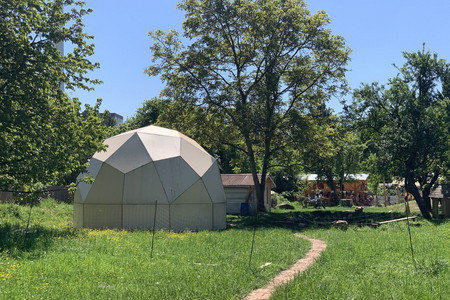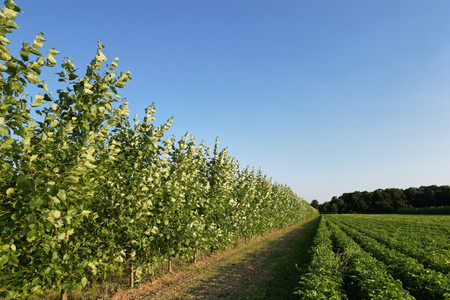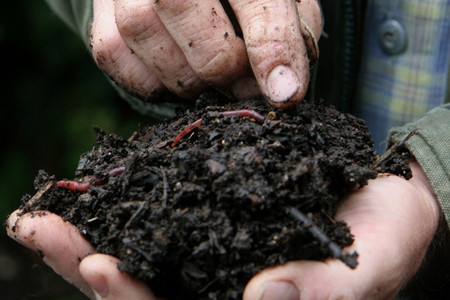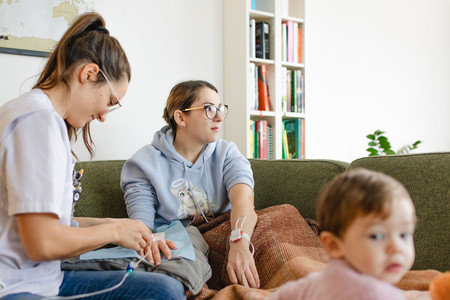"Get moving – keep moving": New Paths in Inclusion Research
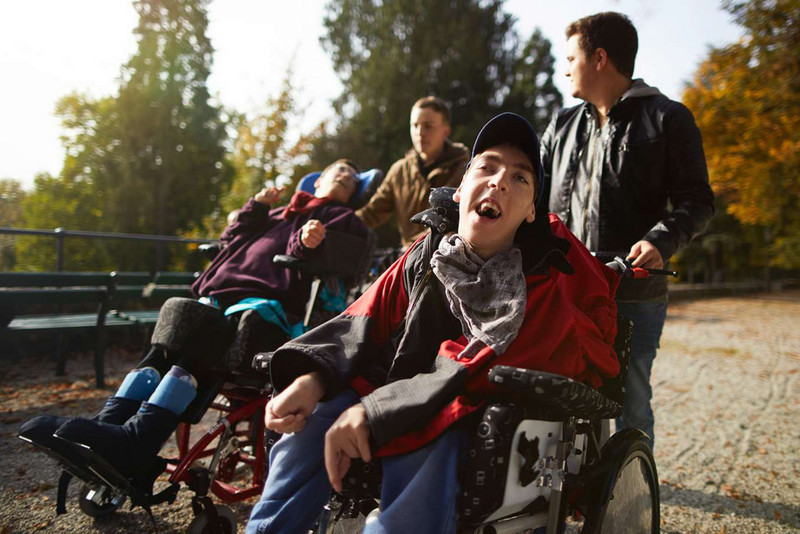
A current study by the Research Institute for Inclusion through Physical Activity and Sport (FIBS), in cooperation with the Gold Kraemer Foundation and other partners such as the Bochum Center for Disability Studies, Diakonisches Werk Recklinghausen and Josefsheim Bigge, is providing new impetus for inclusion research. New concepts for promoting physical activity are being developed in a participatory research process together with those affected, accompanying persons and specialists.
How can people with complex disabilities actively participate in exercise and sport - in a self-determined, health-promoting way and in line with their individual needs? This question is the focus of the "Get moving - stay moving" project, which is being implemented with funding from the Sozialstiftung NRW by FIBS - an affiliated institute of the German Sport University Cologne. The special feature: The people affected themselves are a central part of the research process. Together with their accompanying persons and experts from the field, they are actively involved in shaping the study - from finding the topic to its implementation.
The three-year project follows a circular research design. In several phases, everyday circumstances are observed, interviews are conducted and the results are regularly reflected on in workshops with all participants. In this way, helpful tools such as a diagnostic manual and a collection of methods for promoting physical activity are developed step by step. The aim is, on the one hand, to strengthen professionals in their ability to better perceive the physical activity needs of PWCs and to develop suitable offers - and, on the other hand, to support these experts in their own right in expressing their wishes more clearly. Publications in special education journals and on inclusive platforms are also planned.
"Thanks to the good networking and close cooperation with other institutions, the initiators are creating a theory-practice transfer that sets new standards for inclusive participation research," emphasizes SAGST project manager Konrad Lampart and continues: "In addition to the scientific gain, the social contribution is also considerable. Through a broad network - including Caritas, Lebenshilfe and Anthropoi - the results are to be transferred to the everyday lives of PWID, where they can provide valuable impetus for better health and quality of life."

